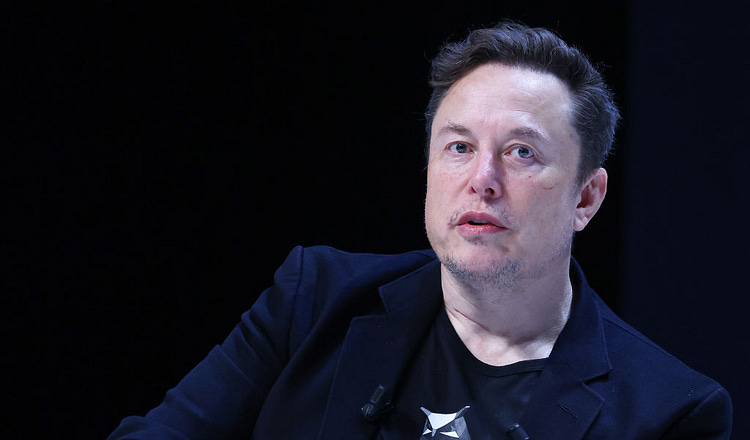Elon Goes to War on Big Advertising

Musk accuses advertisers of conspiring to boycott X, formerly Twitter, in a recent lawsuit. (Photo by Marc Piasecki via Getty Images).
The X CEO sues advertisers for ‘conspiring’ to boycott his platform. He has a point. But does he have a case?
7
It’s not exactly breaking news that big advertisers flee from controversial content—and when it comes to social media, no content is more controversial than that on X, which Elon Musk bought in 2022 for $44 billion. Sure enough, as X embraced once-banned content—like, you know, Covid skepticism or criticisms of DEI—and as Musk himself has become an incr…
Continue Reading The Free Press
To support our journalism, and unlock all of our investigative stories and provocative commentary about the world as it actually is, subscribe below.
$8.33/month
Billed as $100 yearly
$10/month
Billed as $10 monthly
Already have an account?
Sign In


